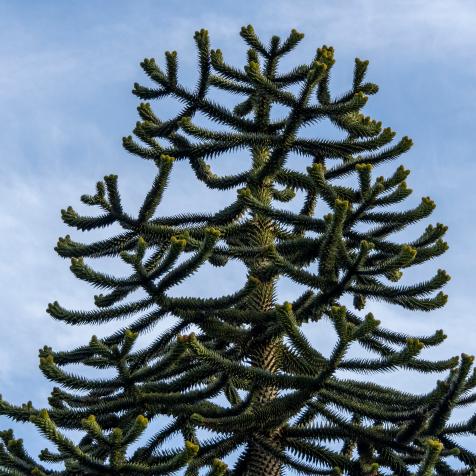
Baac3nes
Ice Melts in Norway to Reveal Ancient Artifacts
Ice melting in Norway has revealed an Iron Age medieval mountain pass littered with near-perfectly preserved artifacts.
It is not news that due to global warming, ice is melting adjacent to the poles at record speeds. Mountain ice and glaciers hold history to our planet’s past, and this week archeologists published their findings. A treasure trove of artifacts circa 300-1500 AD, with peak activity in 1000 AD, were found in Scandinavia.
Permafrost at high elevations just over 200 miles north of Oslo, Norway, continues to melt due to global climate change, and that is where the emerging field of Glacial Archaeology comes into play. This branch of archaeology focuses on studying sites where ice is melting rapidly and revealing clues about the comings and goings of civilizations throughout the ages.
In Central Norway, over 3,000 artifacts, including textiles, animal bones, hunting tools, and more were found nearly untouched. What is really cool about this find is that normally, Earth's elements would cause a breakdown in organic materials. And in the case of these glacial treasures, they have fought the good fight and won.
The best way to find out more about how people lived before the time of traditional record keeping is to study artifacts that may seem mundane. The 2011 discoveries specific to Lendbreen, Norway showed evidence of a Viking-era mountain pass. This information leads to a better understanding of how groups traveled throughout the Scandinavian region.
As the globe continues to warm, ice will continue to melt, and glacial archaeology will remain at the forefront of discoveries and hidden stories revealed beneath the ice.












































































